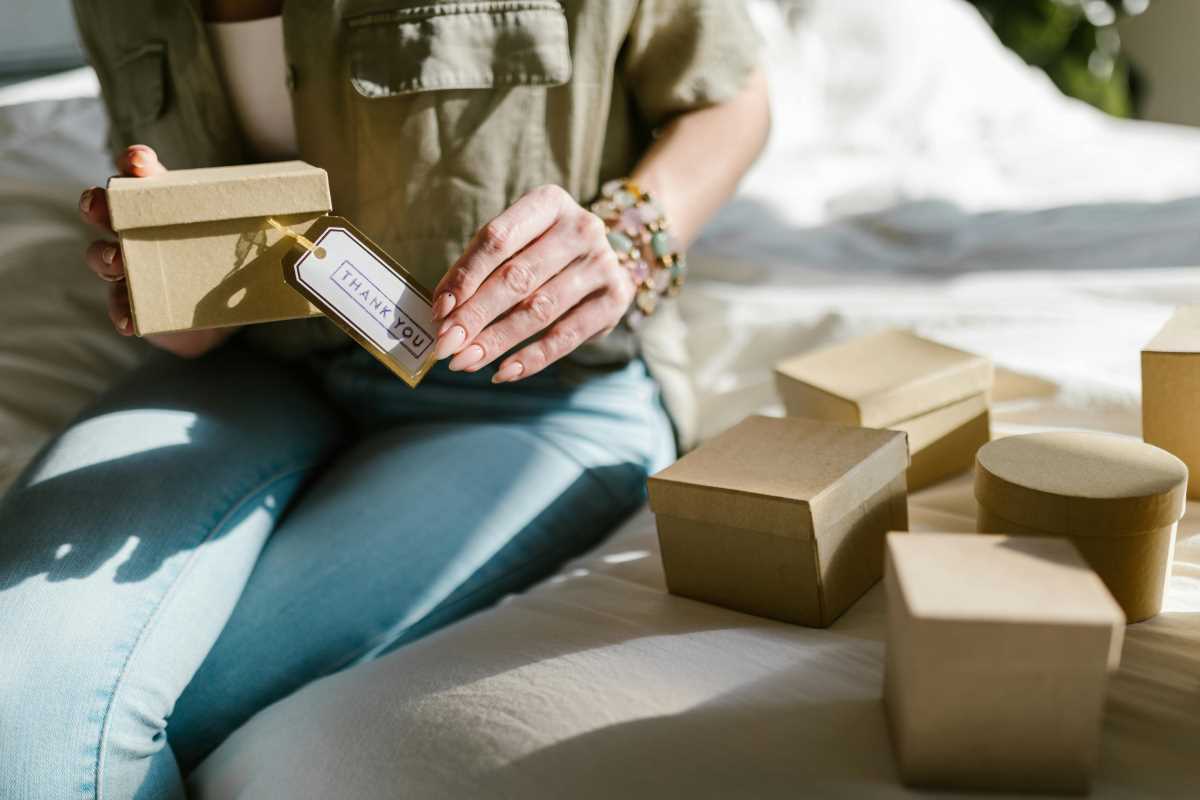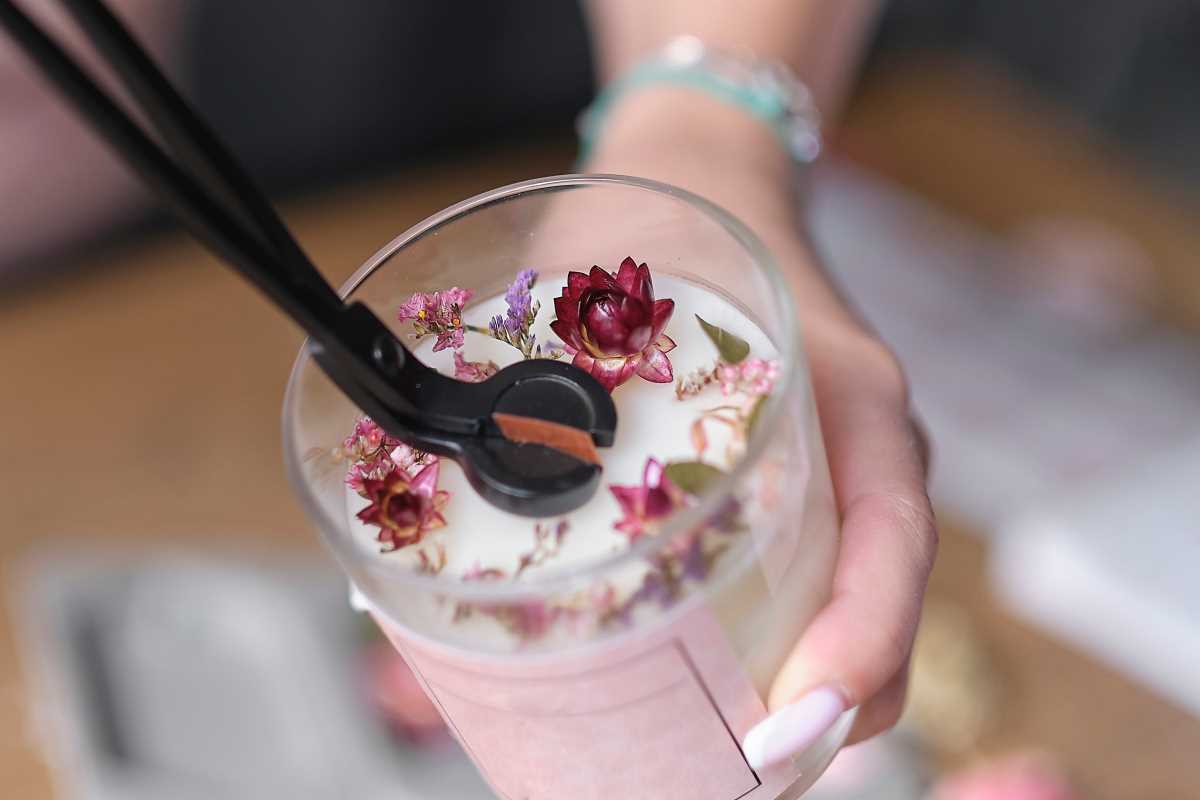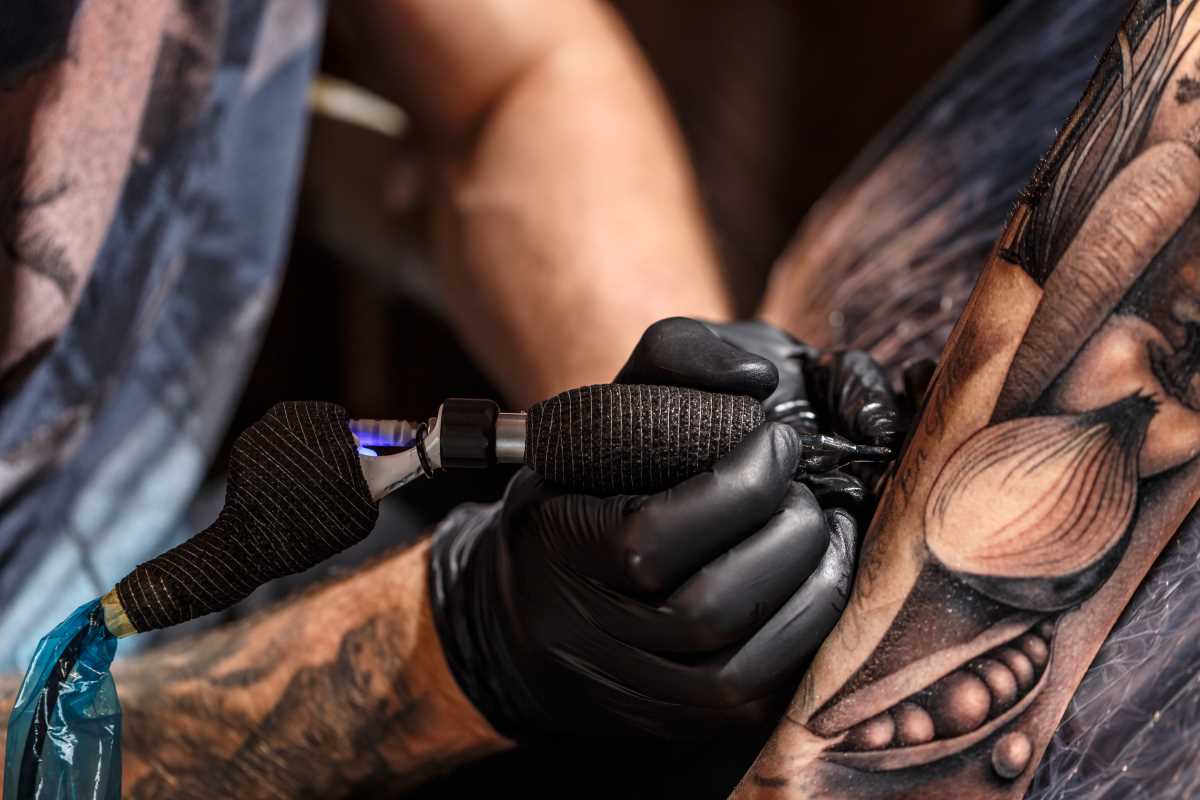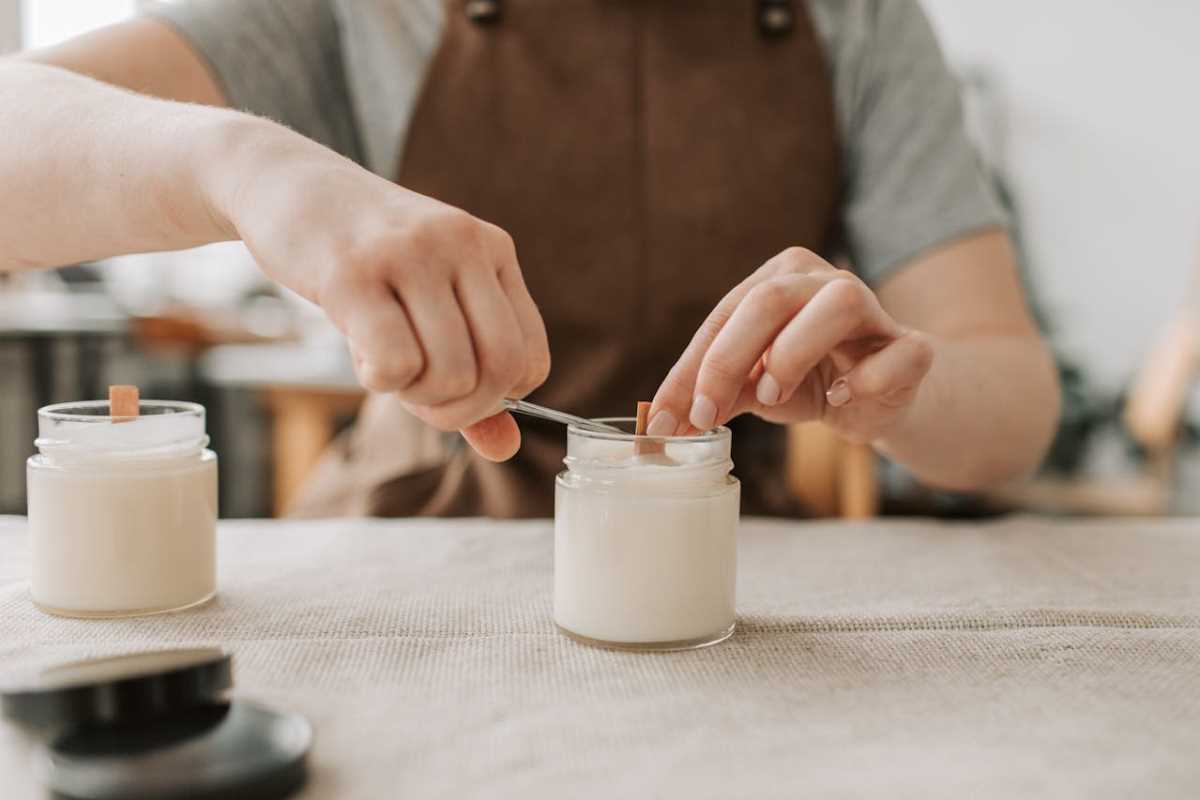The movement toward sustainability has reshaped how we live and also how we work, particularly for artisans and creatives. The demand for eco-friendly, locally made, and thoughtfully crafted goods is growing, giving artisans the opportunity to build careers that align with their creativity and environmental values. Beyond traditional crafts, there are emerging career paths that combine artistry with real-world impact through sustainability.
Here are some inspiring and practical career paths in sustainable artisan work, focusing on creative professions in upcycling, zero-waste production, and eco-friendly craftsmanship.
1. Upcycled Furniture Design
Environmental Impact
When furniture reaches the end of its life, it often ends up in landfills, adding to global waste problems. Upcycled furniture design breathes new life into discarded pieces, reducing waste while giving old materials a fresh, modern aesthetic. This practice minimizes environmental harm and encourages a "repurpose rather than replace" mindset among consumers.
Skills Required
- Carpentry: Skills in sanding, cutting, and assembling wood are essential.
- Design: An understanding of trends and aesthetics helps transform old furniture into desirable pieces.
- Material Sourcing: Knowing where to find quality secondhand or salvaged materials is crucial.
Monetizing the Craft
- Custom Pieces: Create bespoke furniture for homeowners or businesses seeking sustainable, one-of-a-kind items.
- Workshops: Teach others how to upcycle furniture in hands-on classes.
- Collaborations: Partner with interior designers or eco-friendly brands to expand your reach.
- Selling Platforms: List your furniture on Etsy, Instagram, or local marketplaces like Facebook Marketplace.
2. Natural Dyeing
Environmental Impact
Synthetic dyes in the fashion industry often involve toxic chemicals and high water usage. Natural dyeing uses plant-based pigments from sources like indigo, turmeric, and avocado pits, making textiles more sustainable and less harmful to ecosystems.
Skills Required
- Knowledge of Plants: Learn which plants and other natural materials can be used to create vibrant dyes.
- Color Theory: Understanding how to layer and blend colors can help elevate your textile designs.
- Textile Treatments: Gain experience in fabric prepping, dye fixing, and patterning techniques like tie-dye or resist-dyeing.
Monetizing the Craft
- Small-Batch Clothing Lines: Create and sell hand-dyed scarves, tees, or linens in a sustainable fashion niche.
- Workshops: Host natural dyeing classes in-person or online, offering kits with pre-prepared materials.
- Collaborations: Work with ethical fashion designers who need sustainable textiles for their collections.
- Wholesale to Stores: Partner with boutique stores that prioritize sustainable goods to increase your distribution.
3. Eco-Friendly Packaging Design
Environmental Impact
With the rise of e-commerce, packaging waste has skyrocketed. Eco-friendly packaging design helps businesses reduce their environmental footprint through reusable, compostable, or biodegradable materials.
Skills Required
- Sustainable Material Knowledge: Understand the latest in biodegradable films, recycled paper, and plant-based alternatives.
- Graphic Design: Develop skills in tools like Adobe Illustrator or Canva to create designs that align with a company’s branding.
- Innovation: Forward-thinking problem-solving is key to creating lightweight yet sturdy and sustainable packaging solutions.
Monetizing the Craft
- Offer Design Services: Work with sustainable brands or local artisans to develop thoughtful packaging solutions.
- Custom Creations: Design branded packaging components, such as reusable gift boxes or fabric wraps.
- Consulting: Offer advice on sustainable packaging alternatives for small businesses.
- Market on Platforms: Sell pre-designed eco-packaging templates or kits on Etsy or a specialized shop.
4. Zero-Waste Product Creation
Environmental Impact
Zero-waste products use materials efficiently to minimize leftover waste. This category has exploded recently with items like beeswax wraps, reusable cloth napkins, or compostable cleaning tools such as wooden brushes. The zero-waste ethos helps consumers reduce their environmental impact, one small change at a time.
Skills Required
- Sewing and Assembly: Many zero-waste products, like reusable bags or food covers, require basic sewing skills.
- Materials Knowledge: Opt for durable, biodegradable, or recycled materials that align with a circular economy.
- Problem-Solving: Know how to design products that replace single-use items effectively.
Monetizing the Craft
- E-commerce Stores: Create an online shop offering well-branded, practical zero-waste goods.
- Subscription Boxes: Curate eco-friendly kits for customers who want to adopt a sustainable lifestyle over time.
- Corporate Gifting: Pitch your products to companies interested in using eco-conscious items as gifts for employees or clients.
- Wholesale Opportunities: Supply local eco shops or grocery stores with your handmade zero-waste solutions.
5. Recycled Jewelry Design
Environmental Impact
Jewelry made from recycled metals, glass, or plastics reduces the need for newly mined resources, which often come at a high ecological and ethical cost. By repurposing discarded materials, artisans create beautiful, meaningful accessories while promoting sustainability.
Skills Required
- Jewelry Making: Gain expertise in cutting, molding, and fashioning metals, plastics, and other materials into designs.
- Sourcing: Develop sourcing avenues for recycled or discarded materials that can be reused.
- Marketing: Craft meaningful stories that speak to the ecological value or symbolism behind repurposed components.
Monetizing the Craft
- Unique Collections: Sell one-of-a-kind jewelry pieces with eco-conscious messaging.
- Custom Jewelry: Offer recycling services where customers can turn heirloom materials or broken pieces into new treasures.
- Gallery Partnerships: Collaborate with art galleries to feature your recycled jewelry collections.
6. Sustainable Home Decorating
Environmental Impact
Sustainable home decor involves creating decorative objects, furniture, or accents using natural, repurposed, or biodegradable materials. This trend is eco-friendly while catering to the growing market of consumers seeking stylish, planet-conscious designs.
Skills Required
- Aesthetics and Trends: Understand interior design trends to create products that align with customer preferences.
- Crafting: Develop skills in weaving, woodworking, or ceramic work to diversify your product range.
- Sourcing: Incorporate sustainable elements like bamboo, cork, or upcycled textiles.
Monetizing the Craft
- Direct Sales: Offer your work directly to consumers via online shops or home decor fairs.
- Custom Work: Collaborate with interior designers on sustainable decor for residential or commercial spaces.
- Partnerships: Team up with eco-conscious furniture brands to co-create limited product lines.
7. Slow Fashion Tailoring
Environmental Impact
Fast fashion is one of the largest contributors to textile waste and pollution, but slow fashion focuses on bespoke pieces that are made to last. Crafting high-quality, custom-tailored garments reduces the need for disposable clothing and promotes mindful consumption.
Skills Required
- Sewing and Tailoring: Strong technical skills are critical for creating high-caliber, long-lasting pieces.
- Design Aesthetics: Stay in tune with slow fashion trends, prioritizing timeless styles and durable fabrics.
- Upcycling Textiles: Learn to repurpose vintage fabrics or thrifted garments into new designs.
Monetizing the Craft
- Bespoke Services: Create couture-level garments tailored specifically for individual clients.
- Sell Online: Offer small-batch pieces or pre-loved altered clothing collections through curated e-stores.
- Alteration Services: Expand your business by offering repair and customization services for existing clothing.
 (Image via
(Image via





